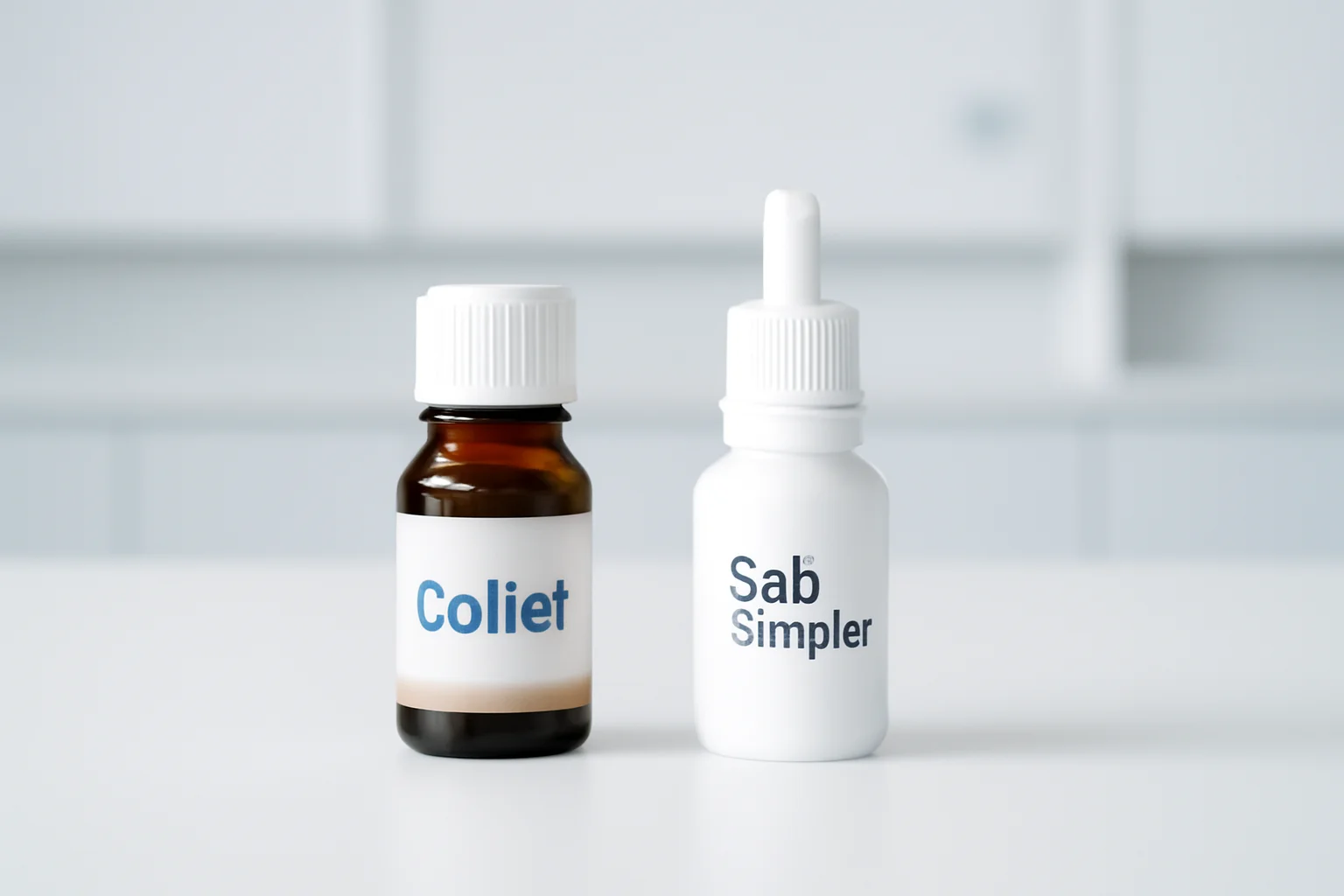
Microlax or glycerin suppository: Which is the more effective solution?
A constipation is an issue that affects many people and is often accompanied by uncomfortable symptoms. Poor diet, a sedentary lifestyle, and stress can all contribute to disturbances in bowel function. There are several options available for addressing such problems, including various medications and supplements that can help restore bowel health. Two popular solutions are Microlax and glycerin suppositories, both of which are designed to relieve constipation.
It is important to choose the right solution, as both products work differently and may have different effects on the body. These options provide a quick fix for bowel movement issues, but it is worthwhile to understand how they work, when to choose them, and what risks they may carry before use. Proper information can help ensure that the most suitable solution is chosen and avoid unnecessary discomfort.
Microlax: Mechanism of Action and Application
Microlax is a locally acting laxative primarily used for the rapid treatment of constipation. The active ingredients in the product, such as sodium citrate and sodium lauryl sulfate, stimulate bowel movements, thereby facilitating the softening of stool. Microlax can be particularly useful for those seeking an urgent solution, such as during preparation for bowel examinations when bowel evacuation is essential.
Using Microlax is extremely simple: the product contains a small 5 ml dose of solution that should be administered directly into the rectum. After application, effects are typically expected within 5-15 minutes, providing a quick solution to constipation issues. Since Microlax acts locally, its effects on the bowel can be felt quickly, which can be particularly advantageous in urgent situations.
It is important to mention that Microlax is not suitable as a long-term solution for treating constipation. If someone regularly suffers from constipation, it is advisable to consult a doctor to determine the causes and receive appropriate treatment. Possible side effects, such as bowel cramps or diarrhea, should also be considered before using the product, although these are rare.
Glycerin Suppository: Benefits and Drawbacks
The glycerin suppository is also a popular solution for treating constipation. This product is made from glycerin, a natural substance that helps soften stool and stimulate bowel movements. The effects of glycerin suppositories generally manifest within 15-60 minutes, which also provides a quick solution to the discomforts of constipation.
The advantage of glycerin suppositories is that they are made from natural ingredients, making many people consider them safer than chemical-based laxatives. The suppositories should be inserted into the rectum, where glycerin is quickly absorbed and helps soften stool. The product is easy to use and is generally well-tolerated by users.
However, like any medication, there are disadvantages to using glycerin suppositories. For some people, the application of suppositories may be uncomfortable, and not everyone may experience the desired effect. Additionally, glycerin suppositories are not recommended for long-term use, as the bowel may become accustomed to external assistance, leading to a decrease in natural bowel movements.
Before using glycerin suppositories, it is advisable to consult a doctor, especially if someone has chronic constipation or if it concerns pregnant women. Proper information is essential before starting the use of the product.
Comparison: Microlax and Glycerin Suppository
When choosing between Microlax and glycerin suppositories, it is important to consider the differences, advantages, and disadvantages of the two products. Both provide a quick solution for treating constipation, but they work differently, so personal preferences and individual health conditions play a crucial role in the decision.
Microlax acts quickly, and since it is locally effective, the active ingredients directly impact the bowel. This product may be advantageous when preparing for bowel examinations or in urgent cases where a quick solution is needed. In contrast, glycerin suppositories may be more appealing to many due to their natural ingredients, especially for those who prefer natural solutions.
However, if a long-term solution is needed, neither product is recommended, as both can contribute to decreased bowel function if used too frequently. Medical advice is essential for anyone struggling with chronic constipation, as uncovering and addressing the underlying causes is much more important than quickly treating the symptoms.
Usage Recommendations and Risks
Before using either product, it is important to be informed about the correct application and potential risks. For Microlax, strictly following the instructions is essential to avoid bowel cramps or other side effects. Always read the patient information leaflet carefully before using the product, and consult a doctor if any questions arise.
Using glycerin suppositories is also straightforward, but it is important to insert the suppositories into the rectum with clean hands and properly. If someone is sensitive to glycerin or experiences any discomfort after using the suppository, it is advisable to consult a doctor immediately.
In both cases, it is crucial not to use these products on a long-term basis, as this can contribute to the deterioration of the bowel’s natural function. To manage chronic constipation effectively, it is necessary to adjust diet and fluid intake appropriately, as well as to engage in regular physical activity.
Note: This article does not constitute medical advice. Always consult your doctor for health problems!

